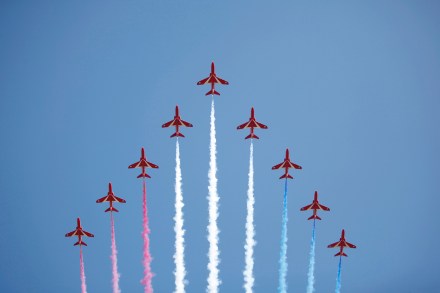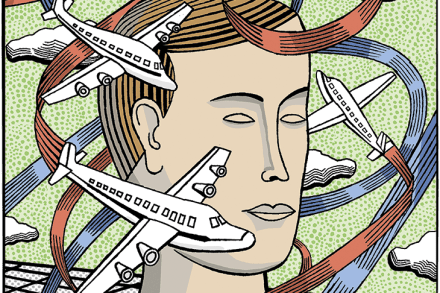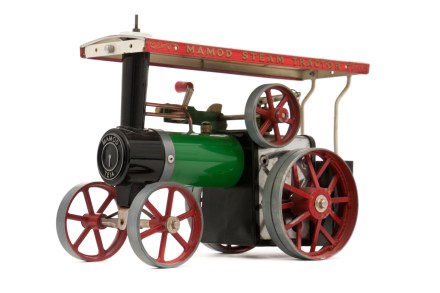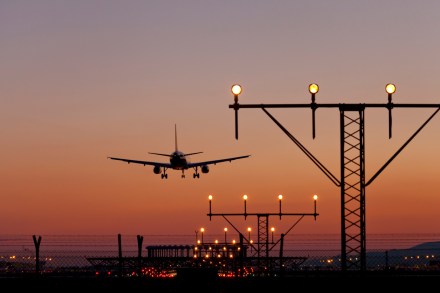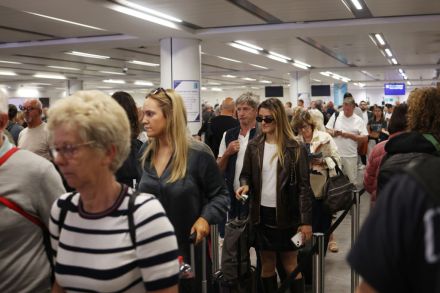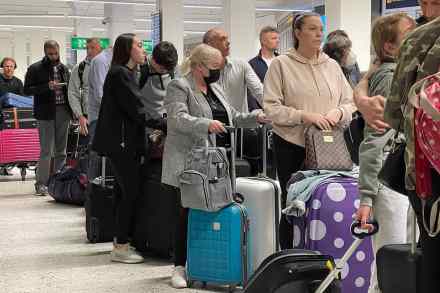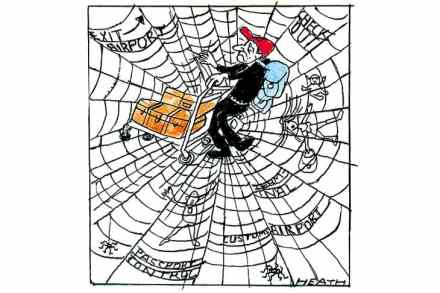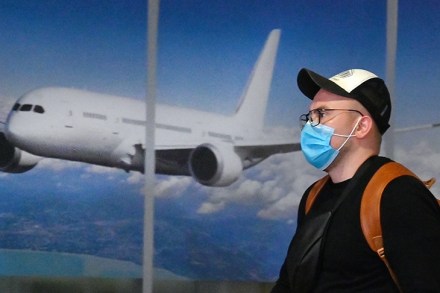Save the Red Arrows!
You will be aware that we face a national emergency. I’m not referring to the fact that our closest ally has seemingly taken leave of its senses or the astonishing news that apparently one in four Britons is now disabled – nor that more than nine million of us of working age are economically inactive. I’m not even talking about the parlous state of the NHS. The national emergency I’m referring to is one that trumps even Trump, so brace yourselves. Soon we are going to run out of Red Arrows. The jolly red-painted planes they fly – the Hawk T1s made by BAE Systems – are now so old,
